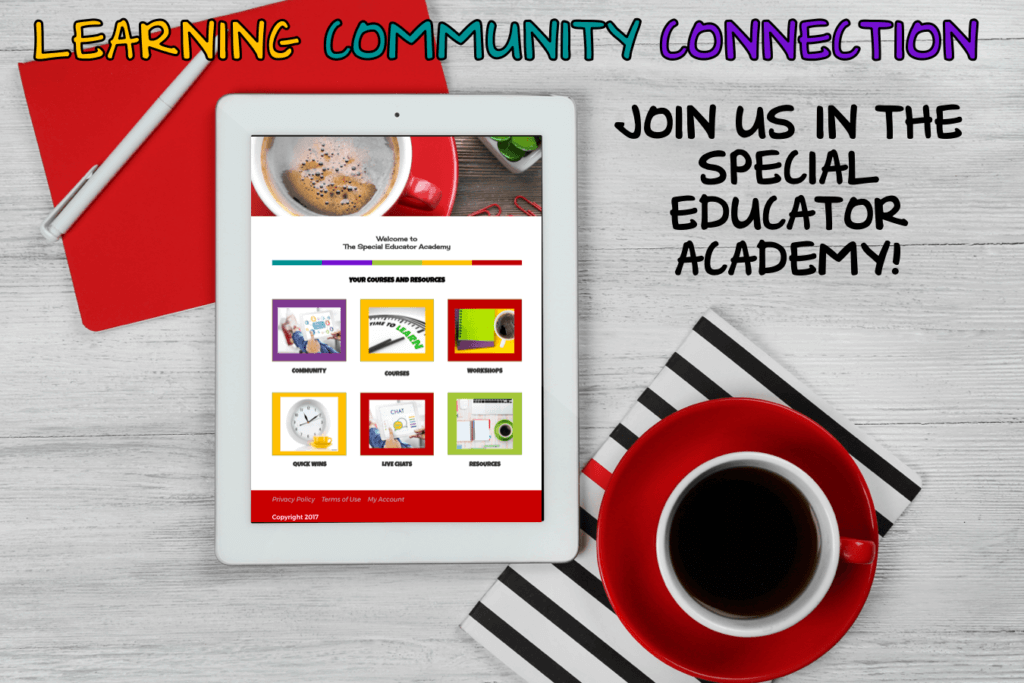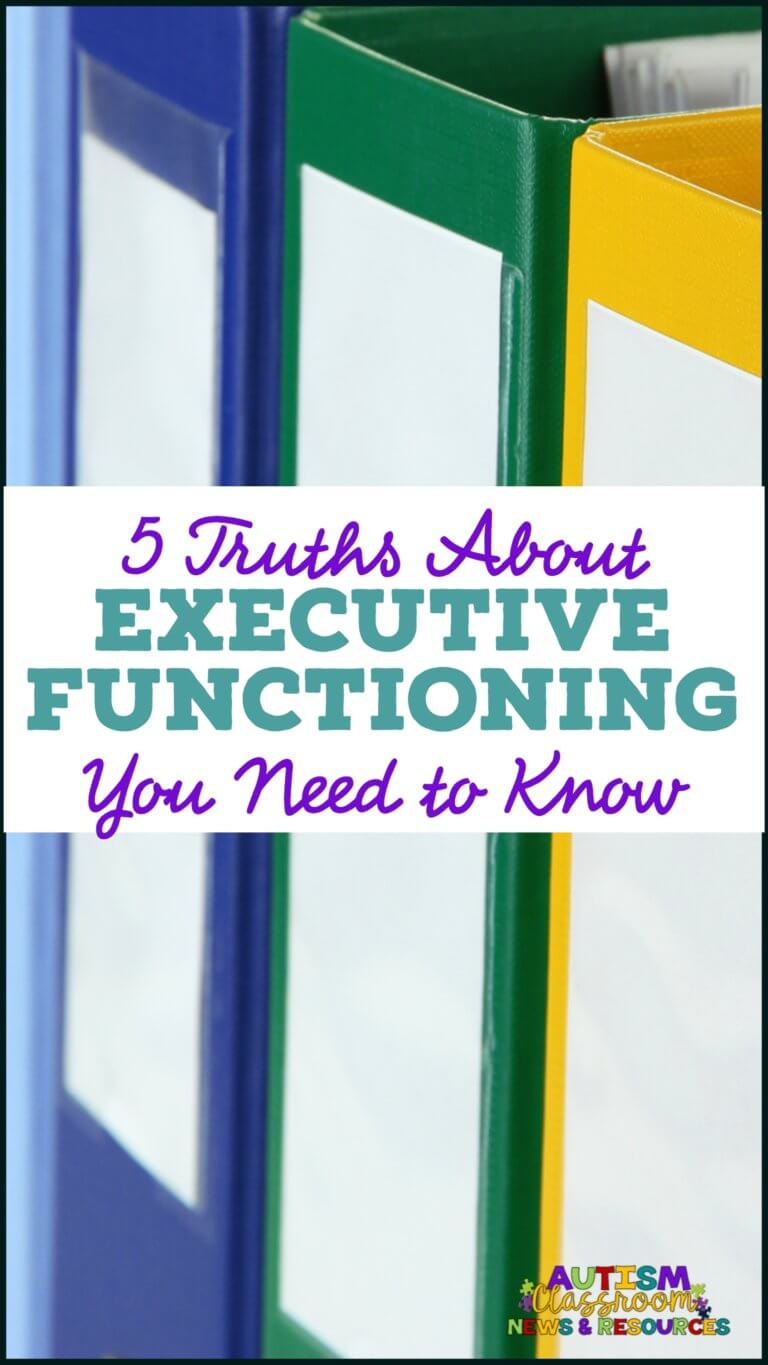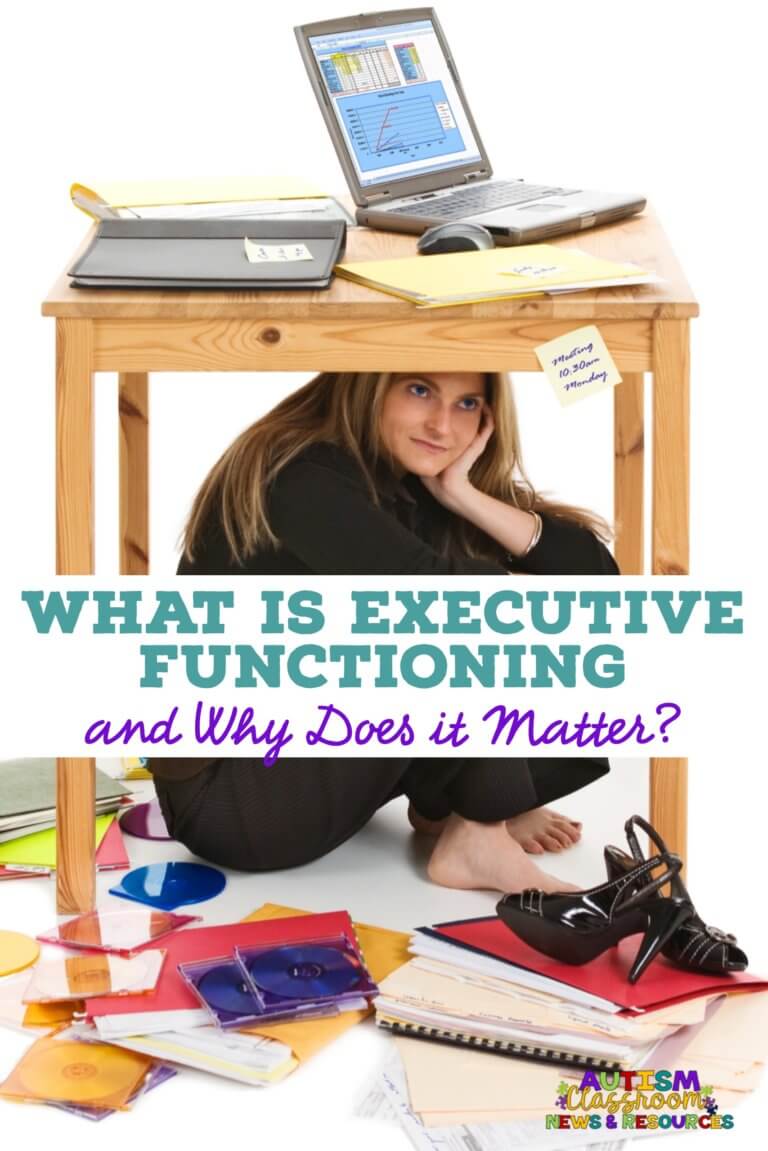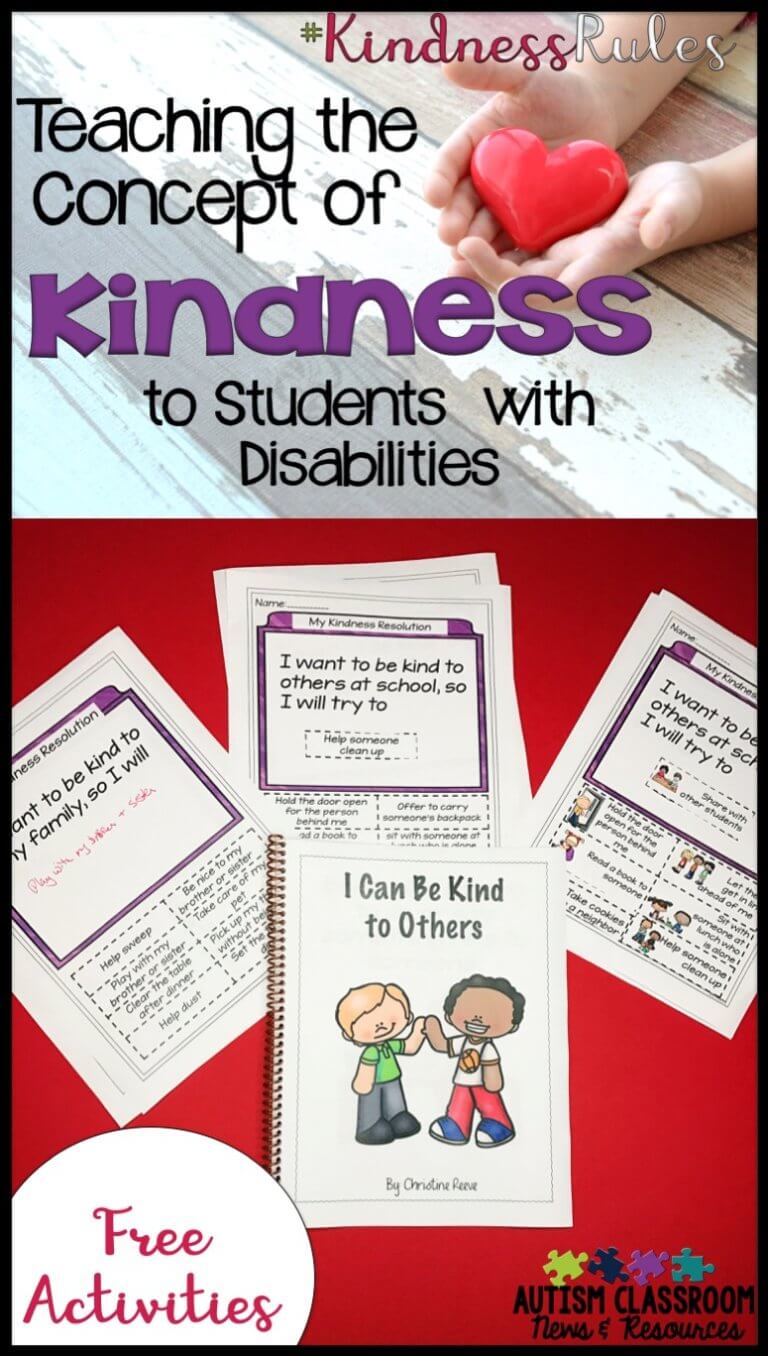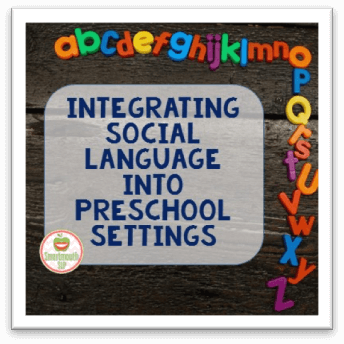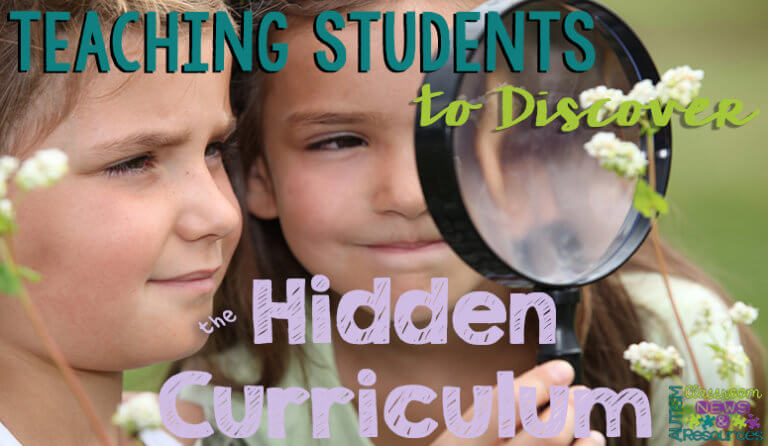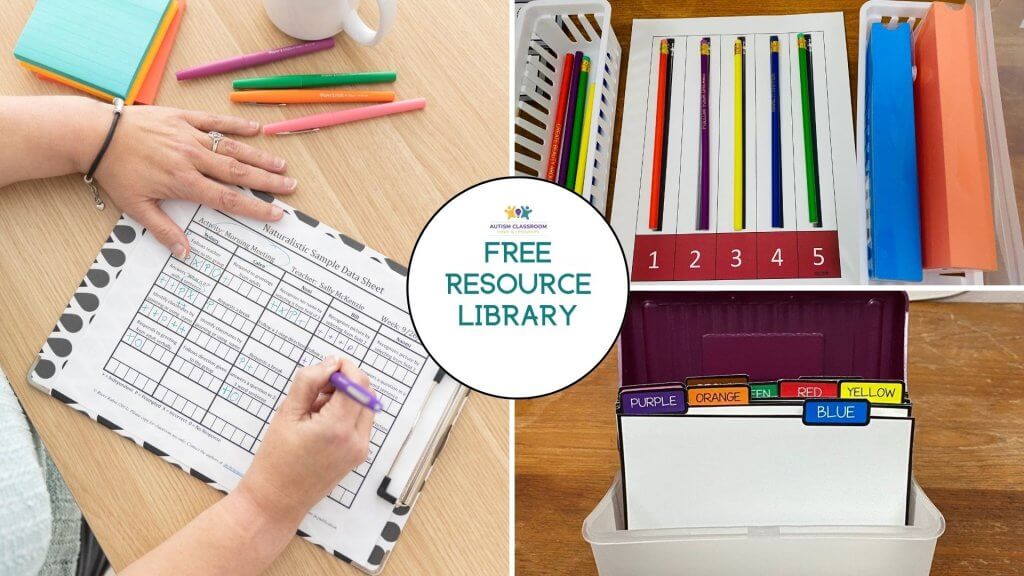In my last post I gave you an overview of executive functioning skills and how they impacts our students. Today, I want to do a quick rundown of some of the executive functioning myths I’ve heard over the years. Because EF isn’t something we talk about a great deal across the age-range and skill levels, many people don’t quite know how it might impact their classroom. Hopefully clarifying some of these myths can help.
Executive Functioning Skills Truth 1
MYTH: Executive functioning is something I only need to worry about for students with autism.
TRUTH: It affects everyone!!
Executive functioning skills affect all of us. Everyone uses EF skills everyday. Some of us are very adept at using many of them. Some of us are not. Many of us are good at one type of EF (e.g., time management) and lousy at using others (e.g., organizing materials). In other words, I’m great at keeping track of appointments and being on time (most of the time) but not so great at organizing files and materials. I rely on my good visual memory to help me with that, but, in truth, as I get older that’s becoming a problem.
EF Truth 2
MYTH: EF is only something I need to be concerned about with higher functioning students with academics.
TRUTH: Executive functioning skills affect students with and without disabilities and with more than just academics.
Let me answer this one with a story. Mandy is an adult with mild intellectual disabilities living on her own with some support from her local developmental disabilities agency and her sisters. She independently manages her appointments for the most part but she doesn’t drive and needs transportation to get to the appointments.
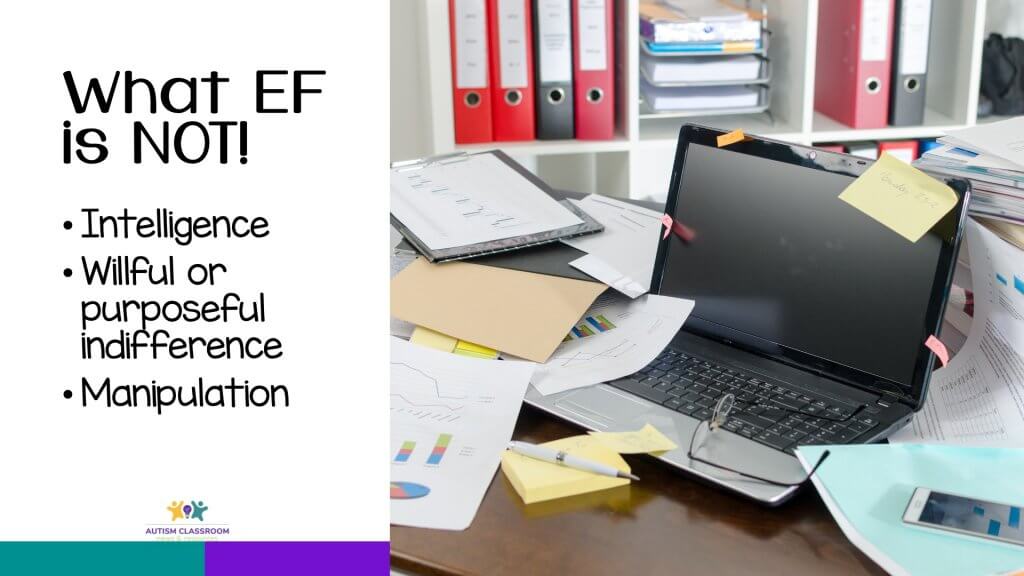
On a Friday morning, Mandy wakes up and realizes she doesn’t feel well. She has a fever and so she calls the doctor. The doctor makes an appointment for that afternoon. She doesn’t have any case workers coming to her house on Fridays so she cancels the appointment. On Saturday her fever is worse and she finally calls her sister who then takes her to the emergency room.
Mandy has difficulty initiating actions, like asking for assistance. She knew just what to do when she was sick (call the dr.) but she didn’t know how to ask for and initiate a request for help from her sisters to help her get to the doctor. Consequently a mild problem got worse.
EF affects life skills and every part of the day from organizing a cleaning schedule for your home (or not) to paying bills to self-care. They are important skills for all our students, with and without disabilities.
EF Truth 3
MYTH: Students with problems with EF just need us to give them accommodations in class and they will be fine.
TRUTH: Giving accommodations is not enough to support the student when he / she leaves school. We have to teach how to self-advocate and use strategies.
Ultimately we must teach the student to self-advocate for himself, to use the strategies independently, and to monitor when a tool is needed. Because once they leave the school, the world they enter (be it work or post-secondary schooling) typically does not have these supports available.
So we have to teach our students to understand what they need to help them be successful and how to access it effectively in other areas.
EF Truth 4
MYTH: EF skills are only something we have to worry about with high school and college students.
TRUTH: We need to start addressing EF skills in elementary school to work toward independence.
Ever meet an 8 year old who doesn’t bring anything back that you send home to get signed? Looked in her backpack? Chances are good that it might be in there…she just didn’t think it was or didn’t turn it in.
Yes, younger children have more support available to them so that we can accommodate their needs. But that doesn’t mean the teaching shouldn’t start until later. We want all of our students to be as independent as possible.
It’s important to factor in developmental norms of what other students their age are doing. For instance, we use graphic organizers to teach elementary school students how to organize their writing, so the EF strategy is built into the initial instruction. However, some of our students may need additional explicit instruction on how to use it and may need to continue to use the organizer after the other students have faded it out.
EF Truth 5
MYTH: Once a student can use strategies for EF, we should always fade them out.
TRUTH: We all use strategies for EF everyday and we don't think about fading them out. Effective use of strategies to implement EF skills make students more independent, not less.
The truth is we all use accommodations and strategies to help us with executive functioning. Have you ever used a post-it note? That’s an EF strategy–a visual cue or writing a note to help us remember something.
Taking strategies away because they won’t be available in the future doesn’t make sense, and yet I see lots of high school teachers do this with the justification that this accommodation won’t be allowed in college. No, it probably won’t be.
However, if we teach the student to use a strategy on his or her own that is not accommodating the assignment or to advocate for himself with faculty members as part of his EF training, then we have taught a skill that he can take with him through life to be successful without our assistance.
Resources
- Do2Learn Has some great visuals and templates to use for EF skills
- My EF Pinterest Board has lots of resources for teaching executive functioning skills
This post came from a workshop from the Special Educator’s Academy. To learn more about how to address EF issues in your classroom, come check us out. We have a two workshops dedicated to EF along with tons of other topics!
